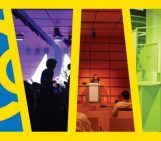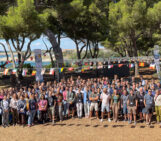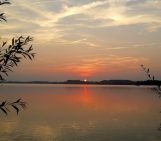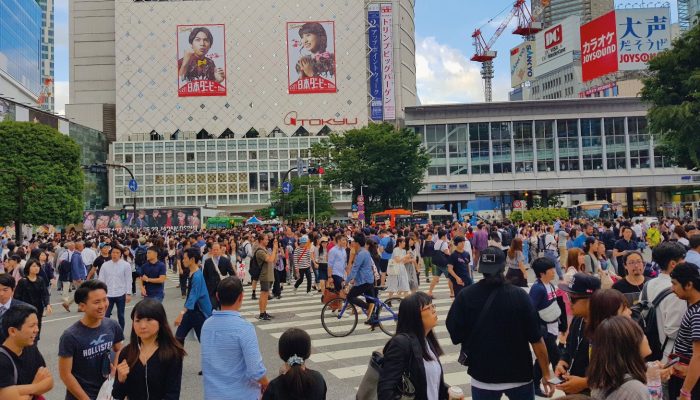
Konichiwa from Tokyo and JpGU2018!
This week, 20-24 May, the Japanese Geoscience Union (JpGU) is holding its annual union meeting just outside of Tokyo, in Chiba (about 40 minutes by metro). I am fortunate enough to be on a research visit to the Earth-Life Science Institute (ELSI) at Tokyo Tech over on the other side of the city and so attending JpGU was a bonus. It is my first time in attendance and I was very interested to see the program and thematics, and meet some of the wider Japanese geoscience community.
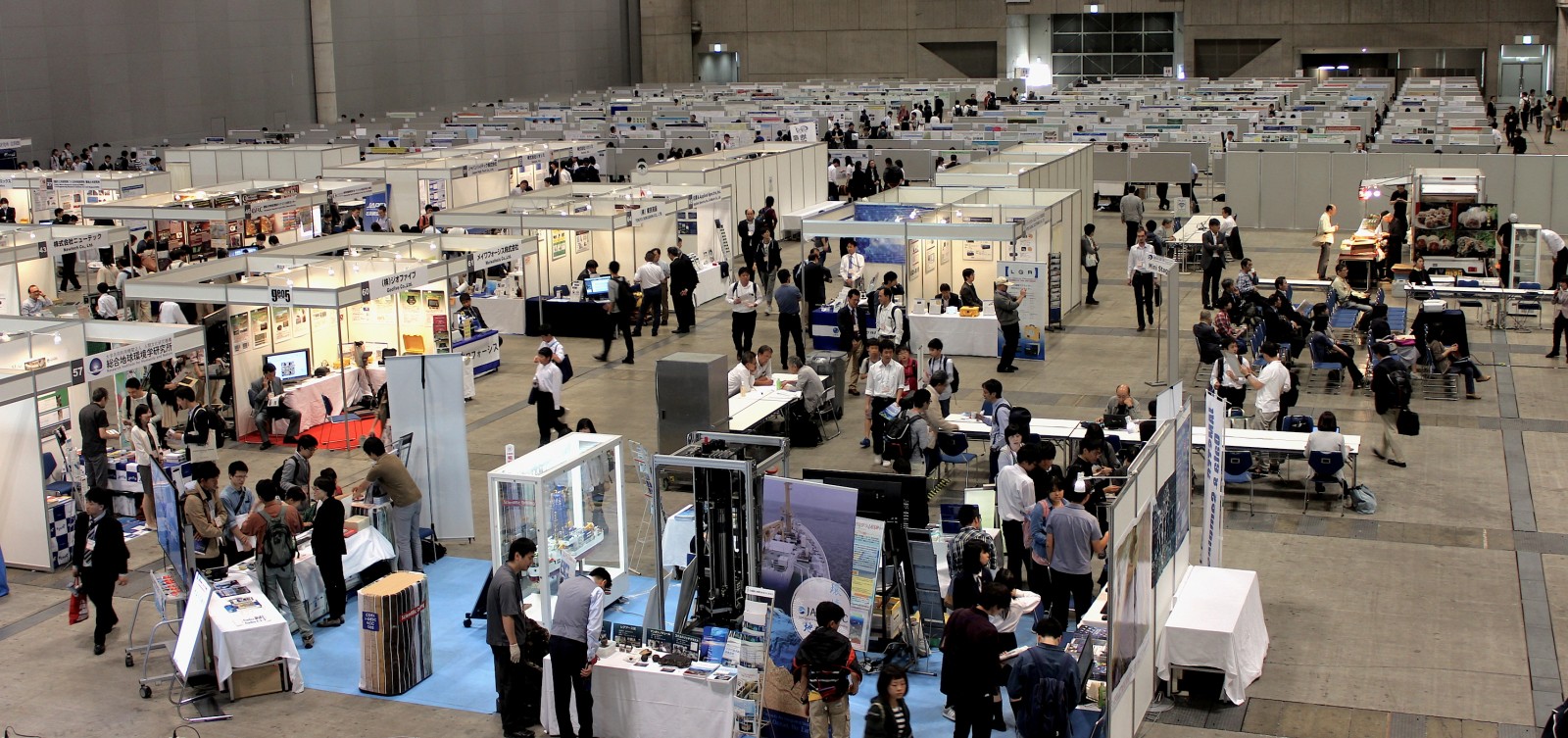
JpGU poster and exhibitor hall
Being a national body there is naturally a focus on Japanese geoscience specialties and interests. Japanese language also featured heavily – at abstract the author selects which language the presentation will be in, as sessions can be English and/or Japanese – and attendees were notified in advance based on the final program’s language code. Last year there were over 8000 participants and 5,600 presentations, and the meeting is comprised of oral plus poster, and poster-only sessions. The meeting encompasses “all the Earth and Planetary Sciences disciplines and related fields” and would include Geodynamics under the “Solid Earth” section. Within this section there were 15 sessions (all in English), including Planetary cores: Structure, formation, and evolution; Probing the Earth’s interior with geophysical observation and on seafloor; Structure and Dynamics of Earth and Planetary Mantles; and Oceanic and Continental Subduction Processes, to name a few.
As with the EGU General Assembly, it is a five-day conference but notably shifted to run from Sunday to Thursday. While it was at the cost of a Sunday sleep-in, the weekend start meant that high school students were able to attend and even present their own posters. Some of the union sessions were also open to the public free of charge (so no doubt an unexpected windfall for some of the people at what seemed to be a furniture and toy convention next door). The week also included an awards ceremony, including the JpGU Union level “Miyake Prize” which was awarded to Professor Eiji Ohtani from Tohoku University. For the early career attendees, there were 5 minute pop-up bar talks for ECRs under 35 years of age with the lure of a free t-shirt and a beverage, as well as a student lounge.
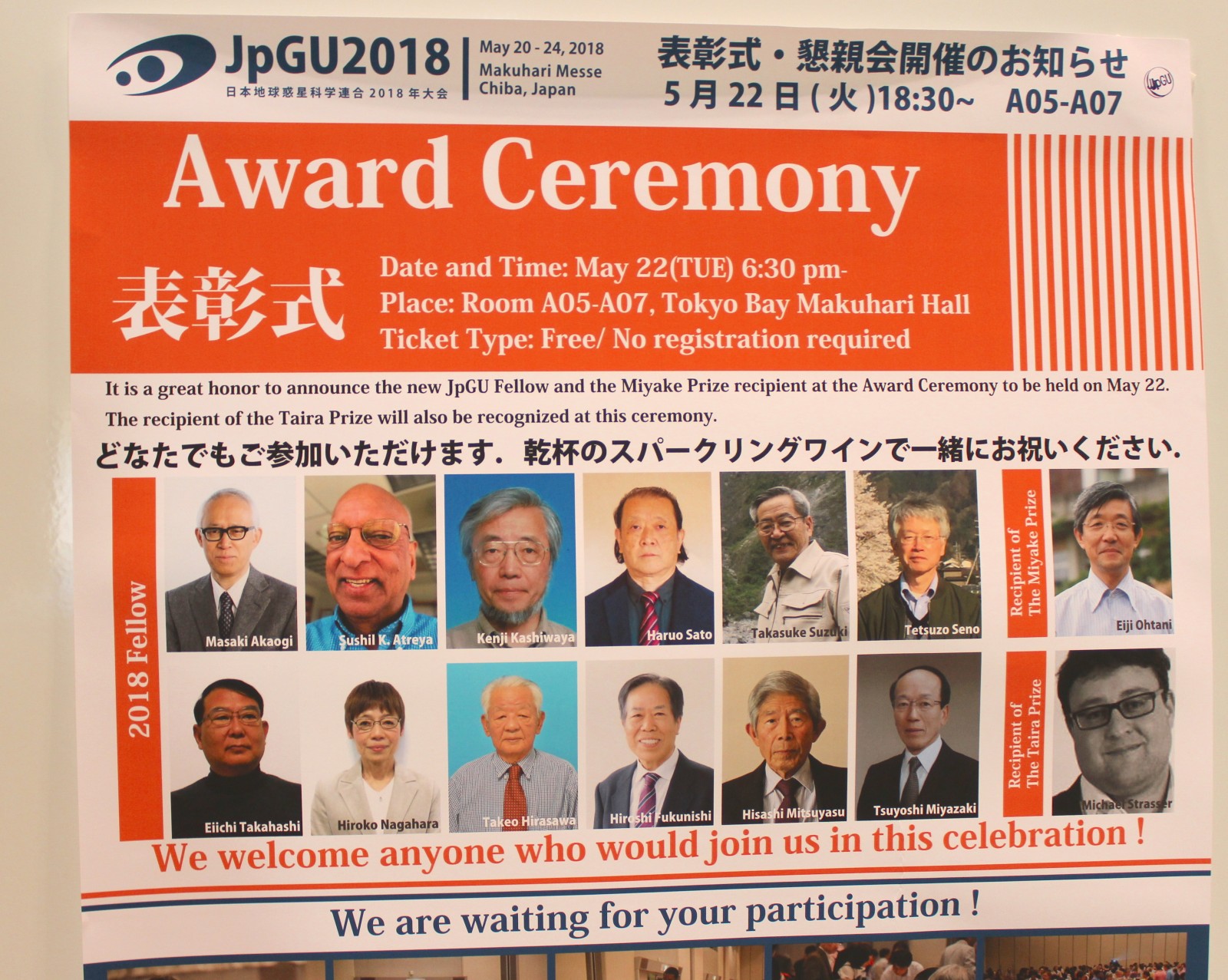
JpGU2018 awardees and new Fellows
There were quite a few outreach and skill-building sessions, including “Mental care and Communication Strategies for Researchers”, “Kitchen Earth Science: brain stimulation by hands-on experiments,” “Role of Open Data and Science in the Geosciences,” “Employment and work balance of female geoscientists in Japan” and an exciting “Collaboration and Co-creation between Geoscience and Art.” There were also a number of exhibitors including our very own Philippe Courtial, Executive Secretary of EGU who was a panel speaker in the AGU/EGU/JpGU joint session “Ethics and the Role of Scientific Societies – Leadership Perspectives”. I also found out there is a relatively new open-access journal for JpGU called Progress in Earth and Planetary Science (PEPS) (note, 1000 EUR APC for non-JpGU members or 200 EUR for members).

Left: NASA hyperwall and presentation to high school students. Right: Philippe Courtial at the EGU booth
Science aside, my visit to Japan has been a multi-sensory delight and can only recommend coming back here in a scientific and/or tourist capacity! If you would like to combine your own travels with the next JpGU, the dates are:
- May 26-30 2019, Chiba
- May 24-28 2020, Chiba
- May 30-June 3 2021, Yokohama
ありがとうございます!
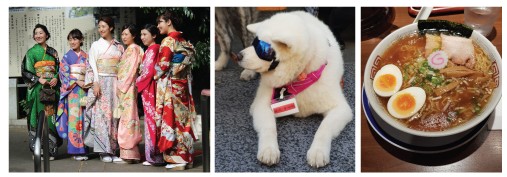
Plenty of fabulous sights, sounds and smells!

